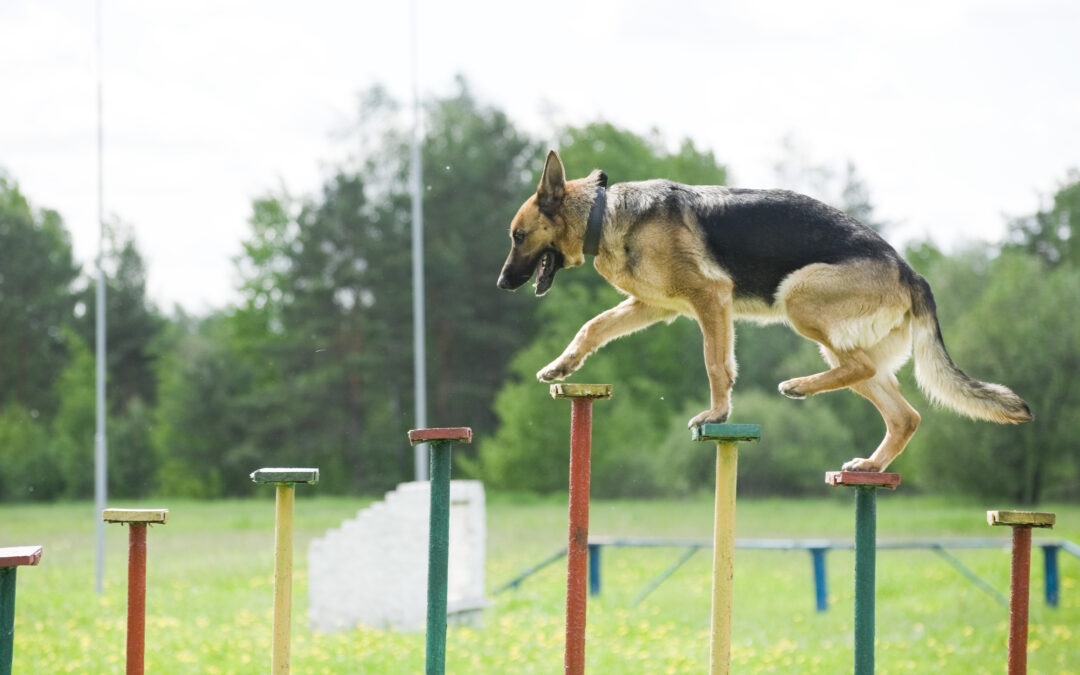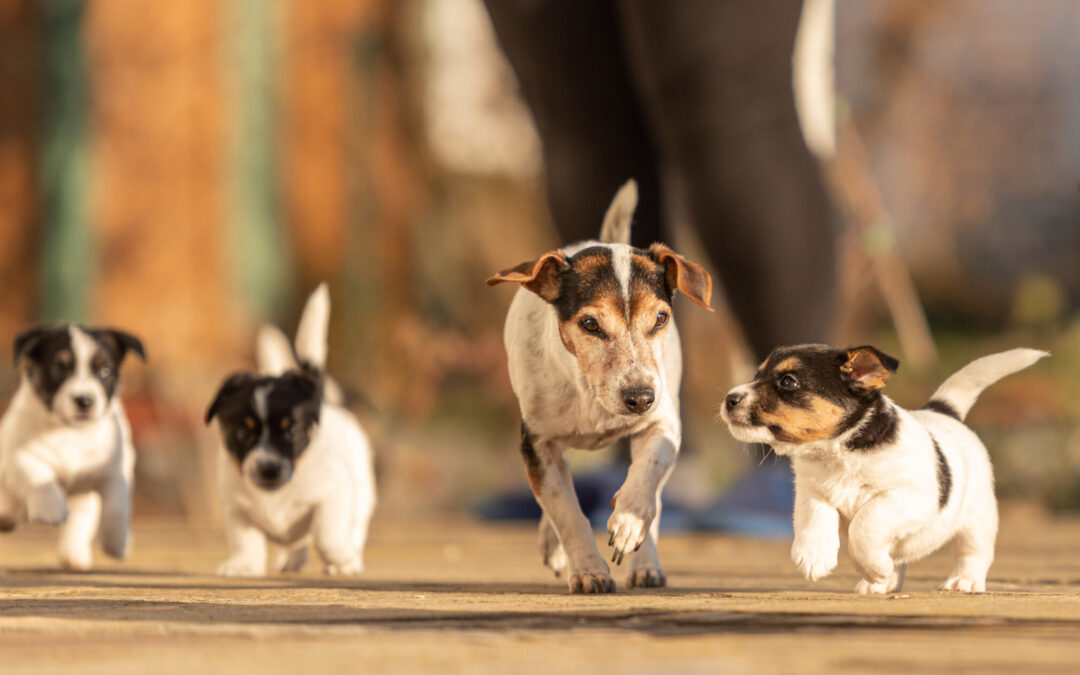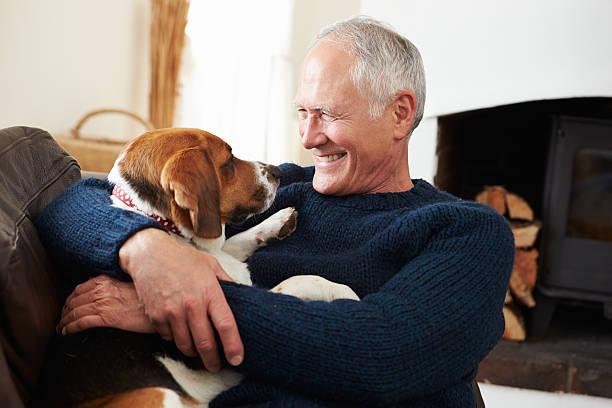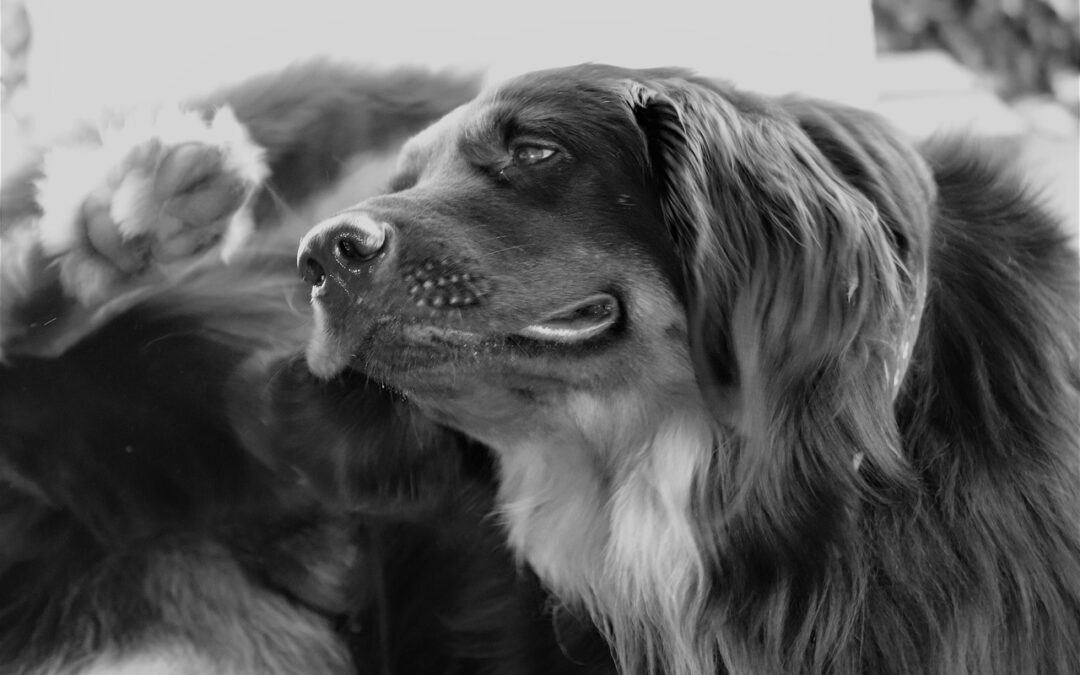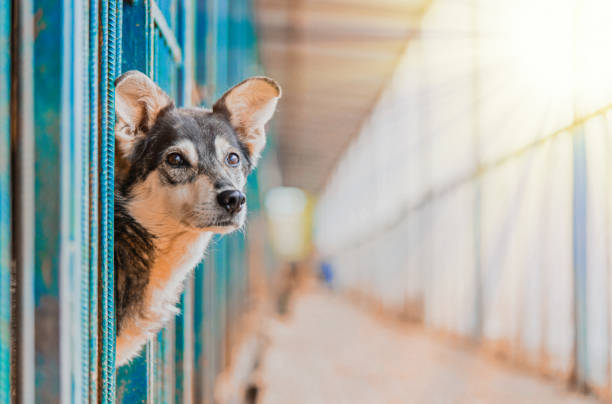Turcsan, B., Kubinyi, E., and Miklósi, A. (2011). Trainability and boldness traits differ between dog breed clusters based on conventional breed categories and genetic relatedness. Continue Reading Trainability and Boldness Traits Differ Between Dog Breed Clusters Based on Conventional Breed Categories and Genetic Relatedness
University of Prince Edward Island. (n.d.). How are defects inherited? How are defects inherited? | University of Prince Edward Island. Retrieved November 20, 2021, from https://cidd.discoveryspace.ca/how-are-defects-inherited.html. Continue Reading Canine Inherited Disorders Database – How Are Defects Inherited
Döring, D., Nick, O., Bauer, A., Küchenhoff, H. and Erhard, M.H. (2017). Behavior of laboratory dogs before and after rehoming in private homes. ALTEX – Alternatives to animal experimentation, 34(1), 133-147. doi: 10.14573/altex.1608171. retire Continue Reading Behavior Of Laboratory Dogs Before And After Rehoming In Private Homes
Cruz, B., & Mesenhouski, S. (n.d.). Making Smart Choices About Topical Flea and Tick Preventatives. YouTube. Retrieved December 30, 2022, from https://www.youtube.com/embed/3gMi7Nkyzn8 Continue Reading Making Smart Choices About Topical Flea and Tick Preventatives
“Boldness” in dogs is believed to be one end of the shy–bold axis, representing a super-trait. Several personality traits fall under the influence of this super-trait. Previous studies on boldness in dogs have found differences among breeds, but grouping breeds on the basis of behavioural similarities has been elusive. Continue Reading “Boldness” in the Domestic Dog Differs Among Breeds and Breed Groups
